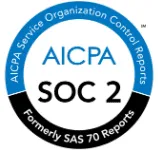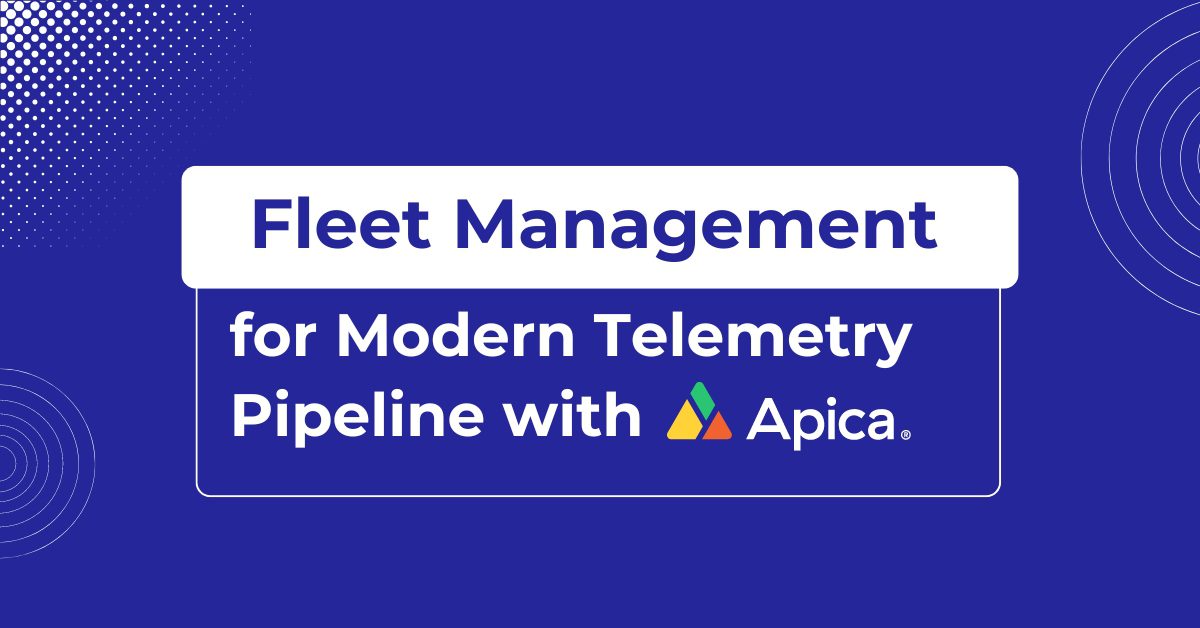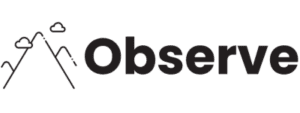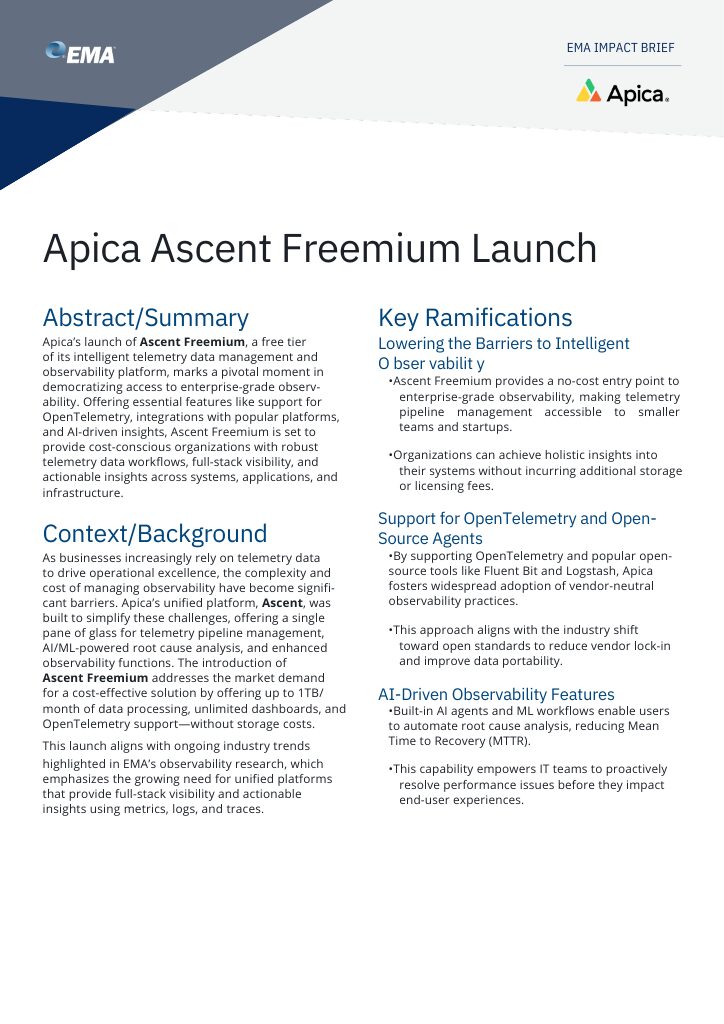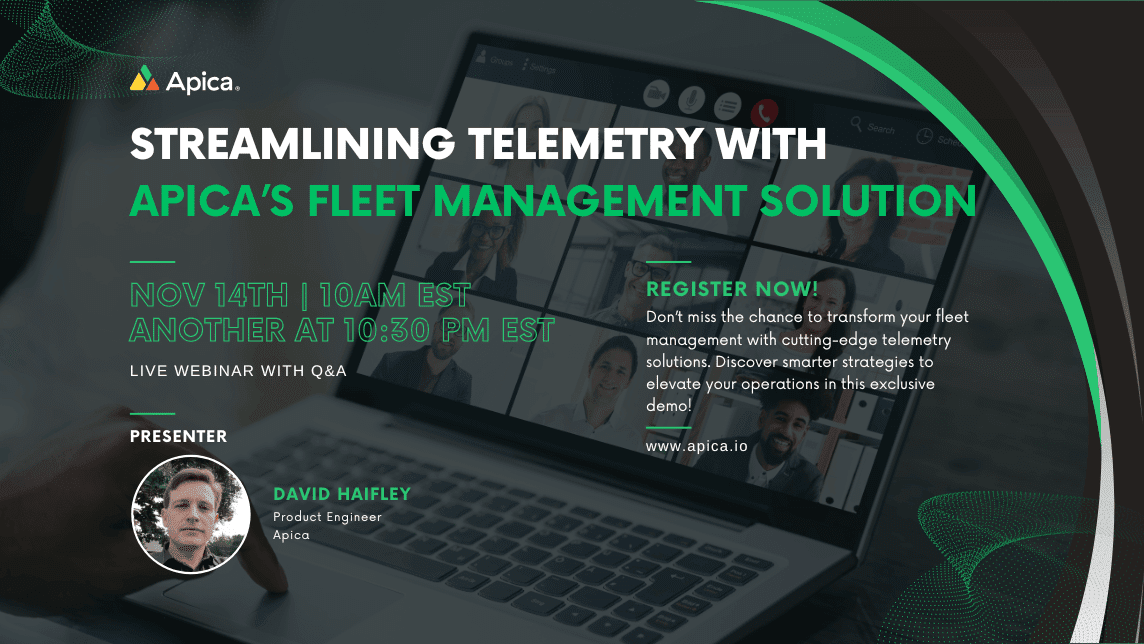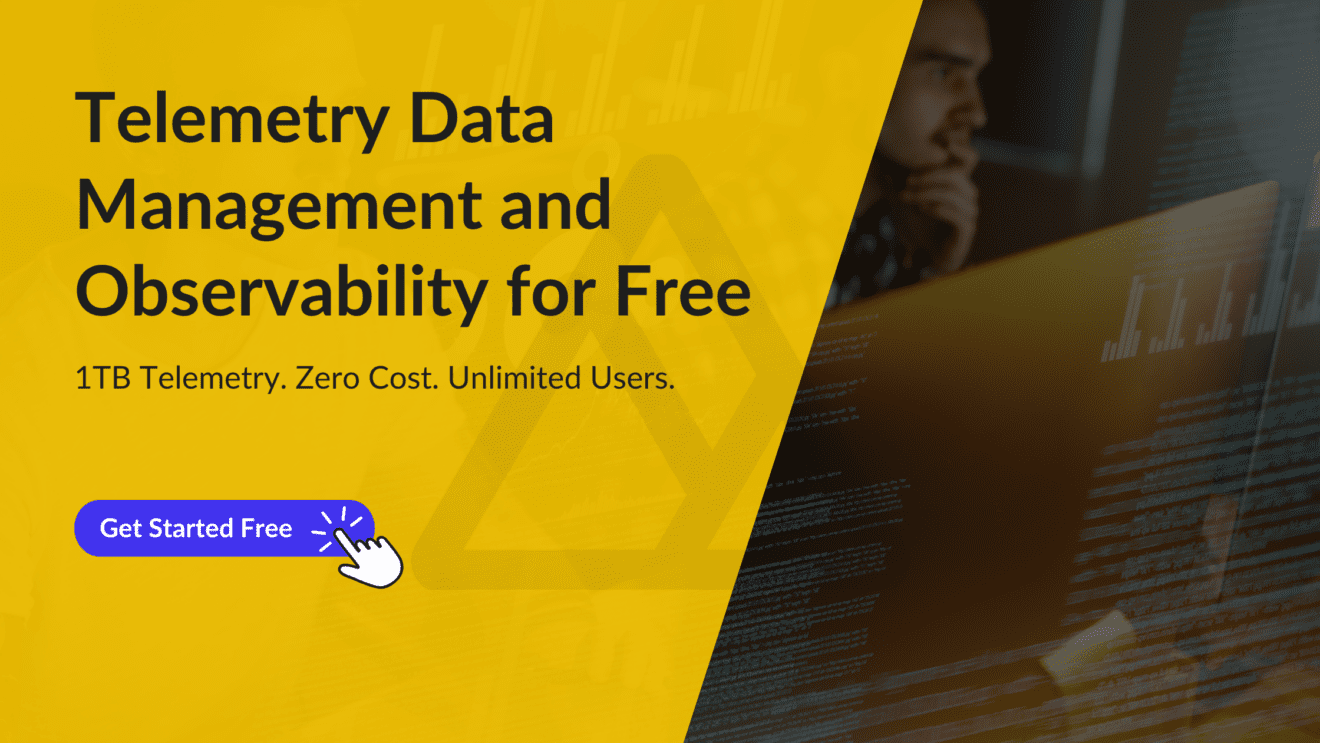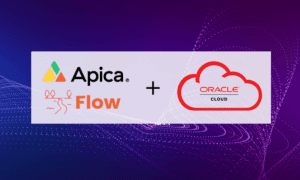Be prepared
Plan B for Cloud-native Observability
Disaster Recovery. Cost Reduction. Compliance.
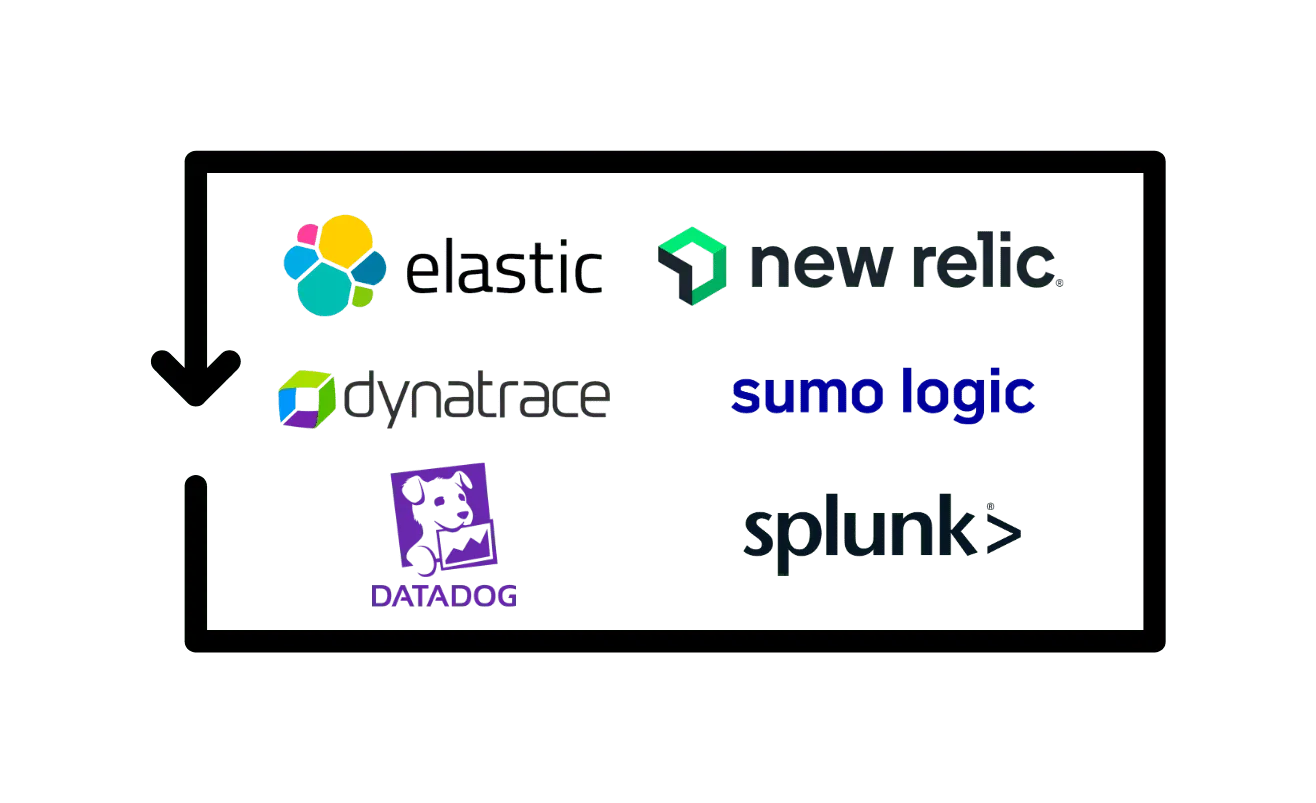
Introduction
Numerous companies worldwide use SaaS-based observability platforms like Datadog, Dynatrace, and others. While SaaS-based observability offers many benefits, it also has challenges.
The recent March 2023 Datadog outage highlighted the risk of lacking a backup plan and the broader issue with SaaS-based observability platforms. Businesses should also consider data ownership, high subscription costs, and compliance audit readiness.
To address these concerns, a complementary technology should be employed, enabling companies to maximize Datadog’s advantages while lowering its risks.
SaaS-based Observability Challenges
There is no Plan B
No data ownership
Expensive licensing
Compliance complexity
There is no Plan B
No data ownership
Expensive licensing
Compliance complexity
Long-term data storage for compliance can be costly, especially when quick retrieval for audits is required. Actively indexed data or rehydration processes expenses should be carefully considered.
Apica Fills The Gaps
- Mitigate risks of relying solely on a SaaS-based observability platform with a backup plan like Apica.
- Store first-mile data locally before forwarding it to a preferred SaaS platform.
- Offer in-line architecture for double monitoring, providing redundancy during system failures, ensuring critical data remains visible and actionable.
- Safely capture, forward, and analyze logs, metrics, and traces, reducing dependency on a single vendor for observability.
- Studies show that only 5% of observability data is actionable.
- Use Apica’s first-mile data collection pipeline to send just this 5% to Datadog, potentially saving 95% of logging costs.
- Handle non-critical workloads with Apica, cutting 50% of Datadog’s APM costs while reserving it for mission and business-critical applications and infrastructure, effectively reducing overall expenses.
- Promote data ownership by storing it within your data center or cloud object storage account.
- Use open Apache Parquet format to ensure accessibility and prevent data from becoming proprietary.
- Offer flexible and resilient architecture for peace of mind, full control over data, seamless observability, reduced vendor lock-in, and adaptability to evolving business requirements, all while protecting critical information.
- Utilize Apica’s patented technology for cost-effective active storage of all data by indexing it on object storage.
- Eliminate archival and rehydration concepts, increasing efficiency and productivity during compliance audits.
- Prevent confidential or sensitive information from being stored at rest in the Datadog cloud by using Apica’s pipeline platform, ensuring better data security and streamlined compliance processes.
How It Works
- Fully-functional Plan B during downtime and outages
- Active observability for non-critical apps
- Pipeline to eliminate data noise, reduce costs and improve productivity
- Real-time S3 Data Lake for On-demand Compliance and 100% data ownership
Key Benefits
Eliminate vendor lock-in
- Freedom to switch between different vendors
- Reduced risk of accumulating technical debt
- Ability to negotiate better pricing
Reclaim Ownership of all your data
- Full control over your data and how it is used
- Protection from data loss or corruption
Control and reduce costs significantly
- Ability to optimize Datadog cloud usage and resources
- Improved financial transparency and predictability
Ensure Redundancy for business continuity
- Improved reliability and availability of log data
- Reduced risk of data loss or corruption
Active compliance for greater regulatory posture
- Ability to meet regulatory and industry standards
- Reduced risk of non-compliance penalties and fines
- Improved data security and privacy
Increased customer trust and confidence
Time Travel/Data Replay
- Ability to replay and analyze past data events
- Improved troubleshooting and debugging capabilities
- Enhanced data analysis and insights
Sensitive Data Masking
- Enhanced data security and privacy
- Protection of confidential or sensitive information
- Compliance with regulatory and industry standards
Summary
Apica is cost reduction, productivity, compliance, and redundancy rolled into one solution.
When coupled with Apica, Datadog and other cloud-native observability platforms becomes a significantly better value proposition for businesses already using it or planning to adopt it.
Want To Know More?
- Do you want a highly available Plan B in the event of an outage with your observability vendor?
- Do you want to realize a 50%-80% reduction in your license cost?
- Do you want to eliminate lock-in?
- Do you want to improve compliance, audit readiness and issue resolution time?
FAQs
Plan B is a service from Apica that offers a backup solution to Datadog and other similar SaaS-based platforms, providing organizations with cost savings and data ownership. Unlike Datadog’s cloud-based services, Plan B offers on-premises deployment options, enabling organizations to store their data locally and avoid vendor lock-in.
Apica offers cost savings over Datadog and other platforms through more efficient data pipeline management and usage-based pricing. With Apica, organizations can significantly reduce their Datadog expenses by only paying for the data they use, avoiding unnecessary costs associated with storing and indexing large redundant volumes of data in Datadog. Apica also provides a path to enable analytics of non-critical applications eliminating these costs from your observability bill. Users can expect 50%-90% cost savings on their current Datadog bills.
Apica ensures data ownership and availability through on-premises deployment options and self-hosted data storage. This means that organizations have complete control over their data and can access it at any time, even if they choose to discontinue their use of Apica.
A Platform You Can Trust
